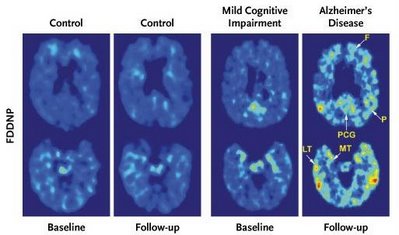Just a quick list of relevant FDA and related notices...
Europe approves Chantix: FDA approved this drug in May, but I have yet to see ONE patient on it. This is a unique, anti-smoking drug, so I figure it would be going like gang-busters by now. What's up with that?
Generic Zyprexa: Generic-maker Roxane has received "tentative approval" to make generic olanzapine. This Lilly drug is usually one of the top 3 most costly line-items in each state Medicaid pharmacy budget. The problem with "tentative" approvals is that there remain many hoops for Roxane to jump through, including patent battles, before they can get this to market. Lilly's patent expires in 2011, so it may be a long battle.
Johnson&Johnson has received an approvable letter for their new schizophrenia drug,
paliperidone. Unfortunately, it's not much of a new drug. Risperdal (risperidone) get converted to paliperidone in the liver, so the new drug is pretty much the same as the old one. But since Risperdal comes off patent soon, this new drug provides more shelf-life on this product. I figure most will stick with the older, cheaper drug. For more on this, and a
great blog I just discovered, go to David E. Williams'
Health Business Blog.
First Autism Drug: Janssen (a J&J subsidiary) received a
new indication for "irritability associated with autistic disorder" for Risperdal (there are some
concerns). That's two
firsts. First drug for autism. First drug for "irritability". This really opens up a whole new horizon. It will now be a race to get a drug approved for "agitation associated with dementia". This would be a block-buster!
Severe Alzheimer's Dementia indication
approved for Eisai's Aricept (donepezil). It used to be just mild to moderate dementia.
Seroquel for Bipolar Depression: AstraZeneca has received a
new indication for "treatment of major depressive episodes associated with bipolar disorder." I think Lamictal is the only other one with this indication (correct me if not).







